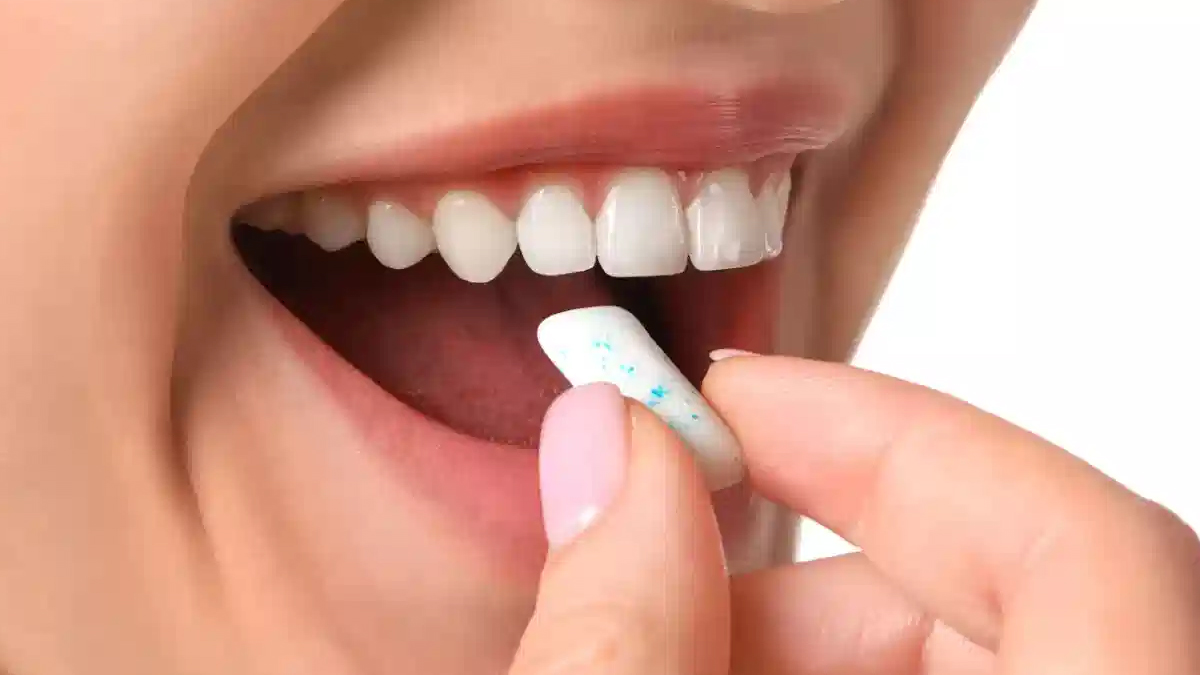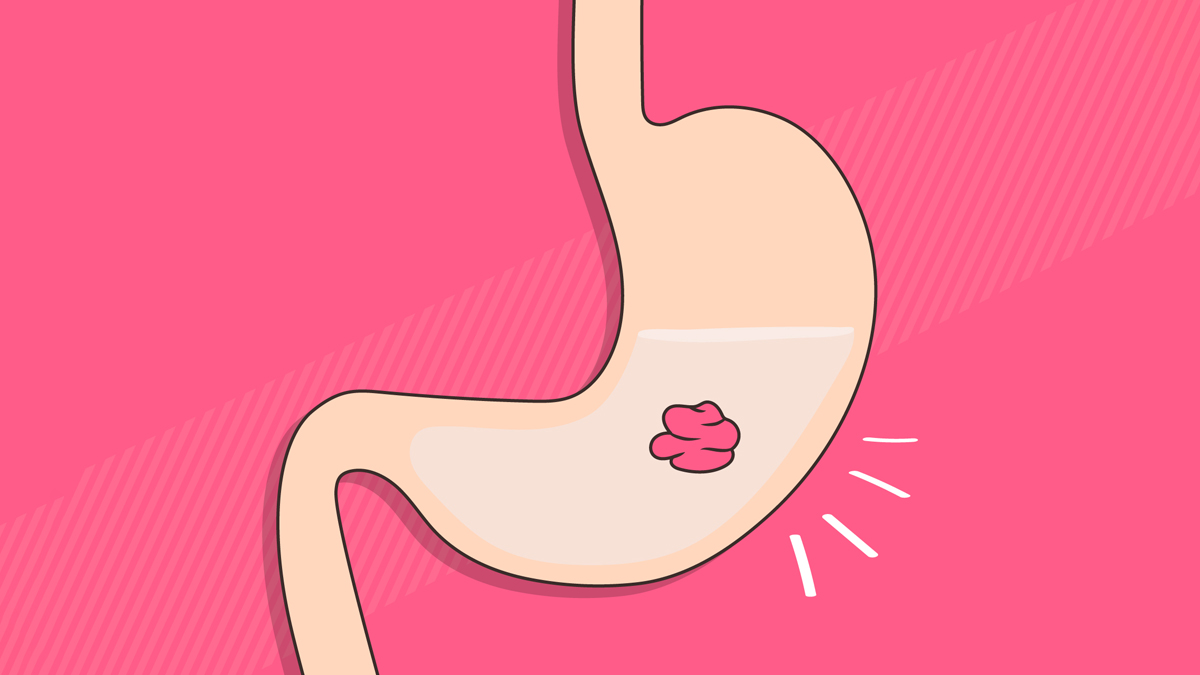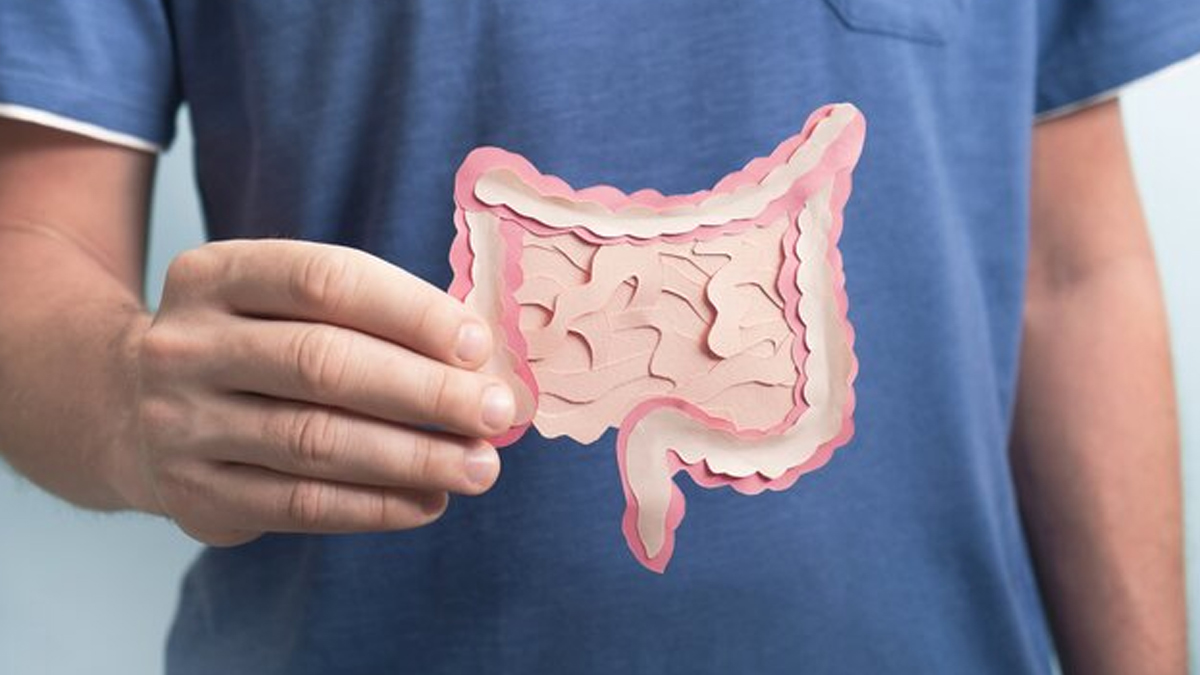
Chewing gum is something many of us reach for without thinking. It’s great for freshening your breath or just to keep your mouth busy. But sometimes, whether you're laughing, talking, or just not paying attention, you might end up swallowing it by accident. When that happens, the first thought for a lot of people is: “Is this dangerous?” The old myth says gum stays in your body for seven years, but let’s clear that up right away. It doesn’t. To understand what really happens and when it might be a concern, we spoke to a medical expert.
Table of Content:-
What Happens After You Swallow Gum?![swallow chewing gum 2 - 2025-07-15T120607.506]()
Dr TK Anand, Senior Consultant and Clinical Lead of Medical Gastroenterology and Endoscopy Services at MGM Healthcare, Chennai, explains that gum is designed to be soft and chewable, but not easily broken down. “Chewing gums are made to be chew-resistant,” he says, “so they don’t dissolve like food in the stomach.”
Still, that doesn’t mean it stays there forever. Once swallowed, gum moves through your digestive system like anything else. It first reaches the stomach, then passes into the intestines. “Digestive enzymes and pancreatic juices try to break it down,” says Dr Anand. “Even though the gum base itself isn’t digestible, the body is able to move it through and eliminate it.”
So in short, your body doesn’t absorb gum, but it does know how to get rid of it.
ALSO READ: Can Pumpkin Seeds Help Build Muscle? Expert Insights on Plant-Based Protein Power
Is Swallowing Gum Dangerous?![swallowing gum dangerous 3 - 2025-07-15T120604.175]()
Not usually. According to Dr Anand, “The chances of health issues from swallowed gum are very low.” In most healthy individuals, a single piece of swallowed gum travels through the digestive system and is excreted in the stool without any issues.
Complications are rare and usually happen only when someone swallows large amounts of gum in a short time, or if they already have digestive problems like a bowel obstruction or a motility disorder. “If there is no pathology in the intestine, it’s all good,” Dr Anand assures.
So, unless you’ve swallowed a massive wad of gum or have a health condition that affects your gut you’re likely in the clear.
What Should You Do Right After Swallowing Gum?![what to do after swallow gum 1 - 2025-07-15T120801.223]()
Honestly? Nothing dramatic. “There is generally no need to panic,” says Dr Anand. Just carry on as usual. You can eat and drink normally. Reassure yourself or the person who swallowed the gum. It’ll likely pass through the system within a day or two.
That being said, it’s important to watch for symptoms. If the person starts to feel abdominal pain, has vomiting, or becomes constipated and it doesn’t go away, it’s best to consult a doctor. But unless there’s discomfort or unusual signs, everything should be fine.
There’s actual data to back this up. A study published in Paediatrics looked into rare cases where swallowed gum caused intestinal problems. In these cases, children had swallowed large amounts of gum, often along with other objects like coins or sunflower seeds, which increased the risk of a blockage. The study found that while complications are possible, they’re usually the result of repeated or excessive gum swallowing, not a one-time thing.
ALSO READ: How Did David Corenswet Train For Superman: Legacy Role: Exploring His Workout Regime
Should Kids Be Allowed to Chew Gum?
This one depends on their age and how well they understand not to swallow it. For younger children, it might be safer to avoid gum altogether or supervise them closely while they chew. While one piece isn’t dangerous even for kids, repeated swallowing could cause problems. So it’s best to teach them early on that gum is for chewing, not for eating.
Conclusion
If you’ve accidentally swallowed gum, take a deep breath. Your body can handle it. In most cases, it will pass through your system just like anything else that isn’t fully digested. There’s generally no need to worry or rush to a doctor, unless you experience pain or unusual symptoms. And that old tale about gum sticking around in your stomach for years? You can officially forget it.
Also watch this video
How we keep this article up to date:
We work with experts and keep a close eye on the latest in health and wellness. Whenever there is a new research or helpful information, we update our articles with accurate and useful advice.
Current Version


